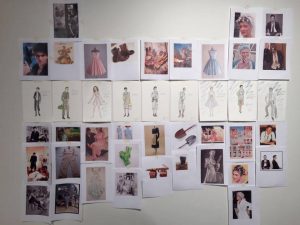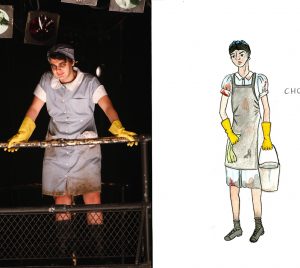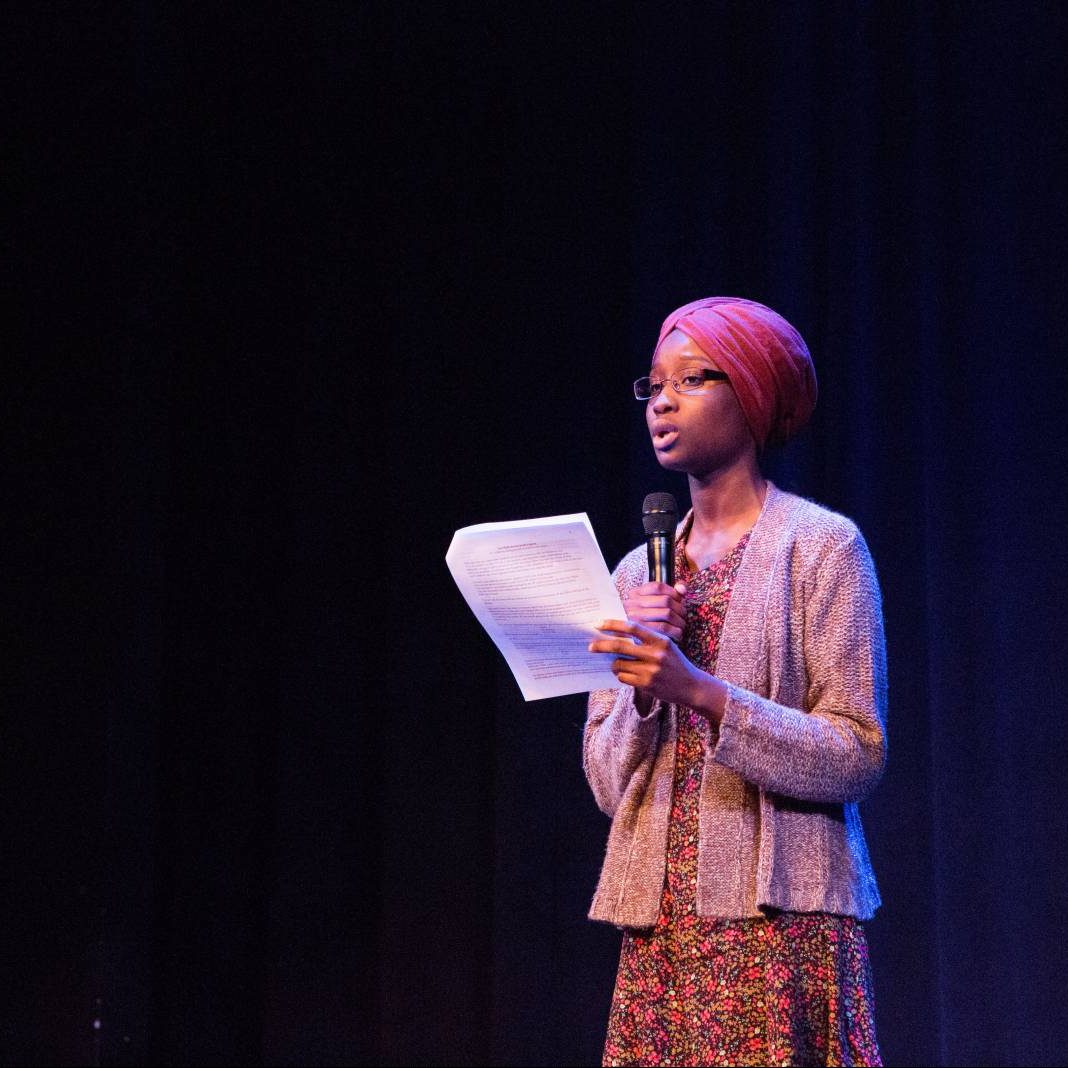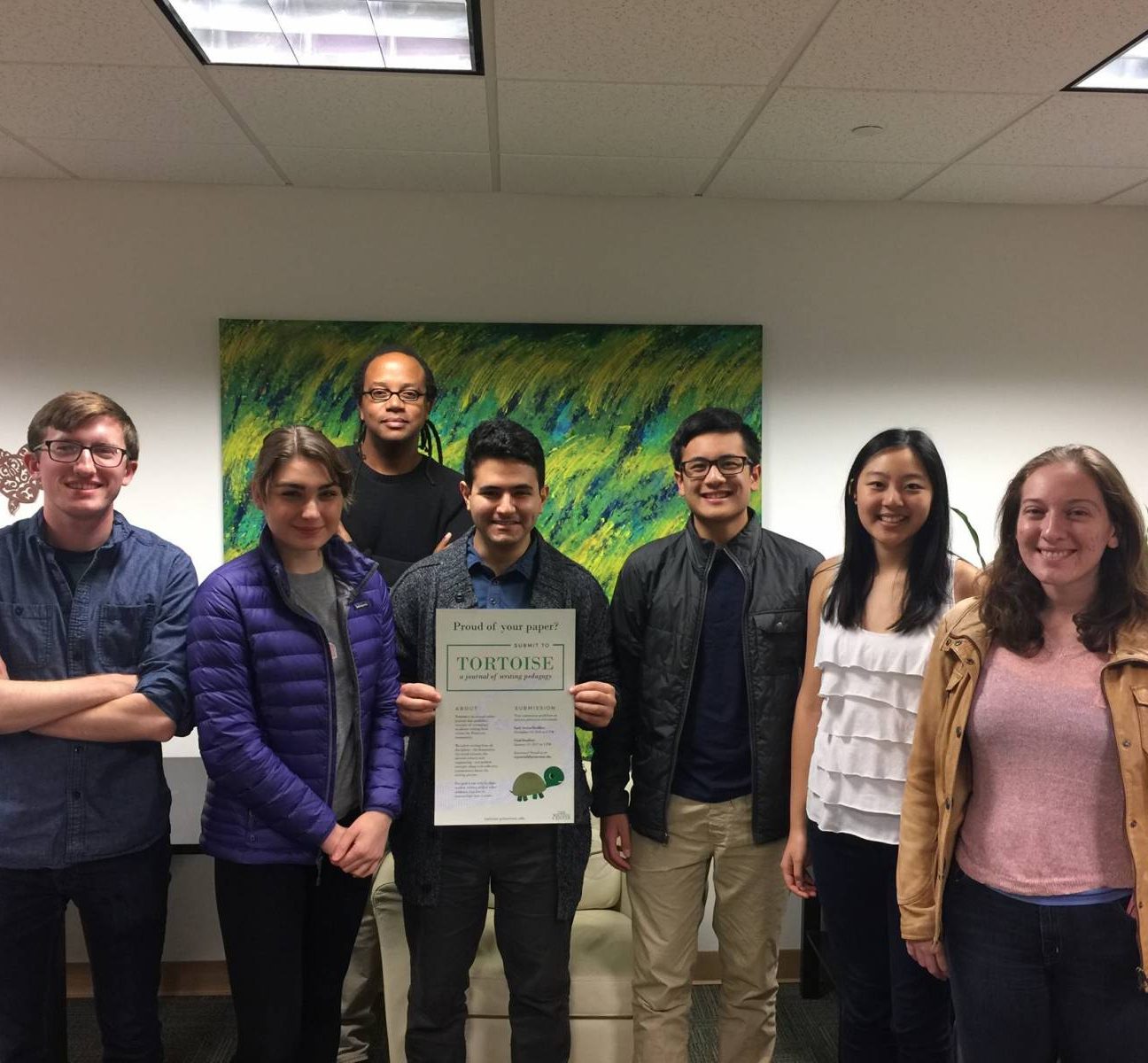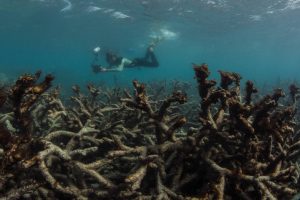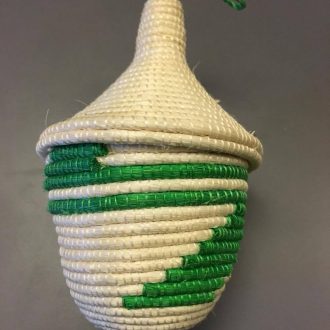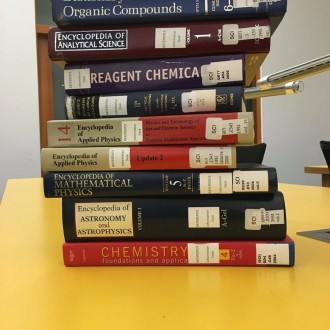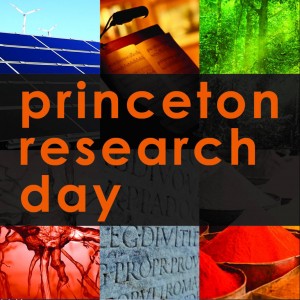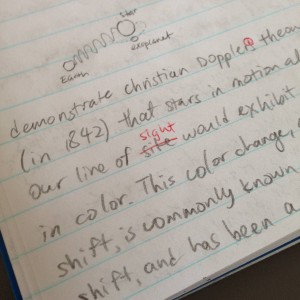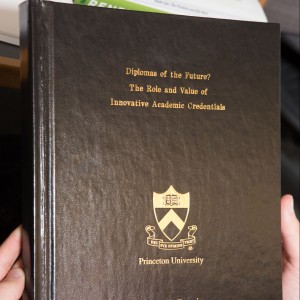Over the past few months, students and academics across the Princeton campus community have been reckoning with the new reality of America under the Trump presidency. To encourage productive post-election dialogue, the Princeton Citizen Scientists sponsored a Day of Action last Monday, March 6th. The Day of Action brought together hundreds of students, faculty, and community members for dialogue with teach-ins on topics ranging from Intersectional Activism to Science in the Public Sphere. Local organizations like the Citizens Climate Lobby and the Coalition for Peace Action also tabled for the event.
My involvement with the Day of Action began early in the morning, as I was walking to class when I noticed a woman carrying a large basket of books and pamphlets near my room. We chatted on our way to Frist, where she was tabling with Showing Up for Racial Justice (SURJ), a national network that organizes white people to fight with multi-racial minorities for social change. After I showed her to the campus center, I cocooned myself in a library to prepare for my own teach-in at the Day of Action, “Making Political Disagreement Productive: Mitigating Confirmation Bias.”
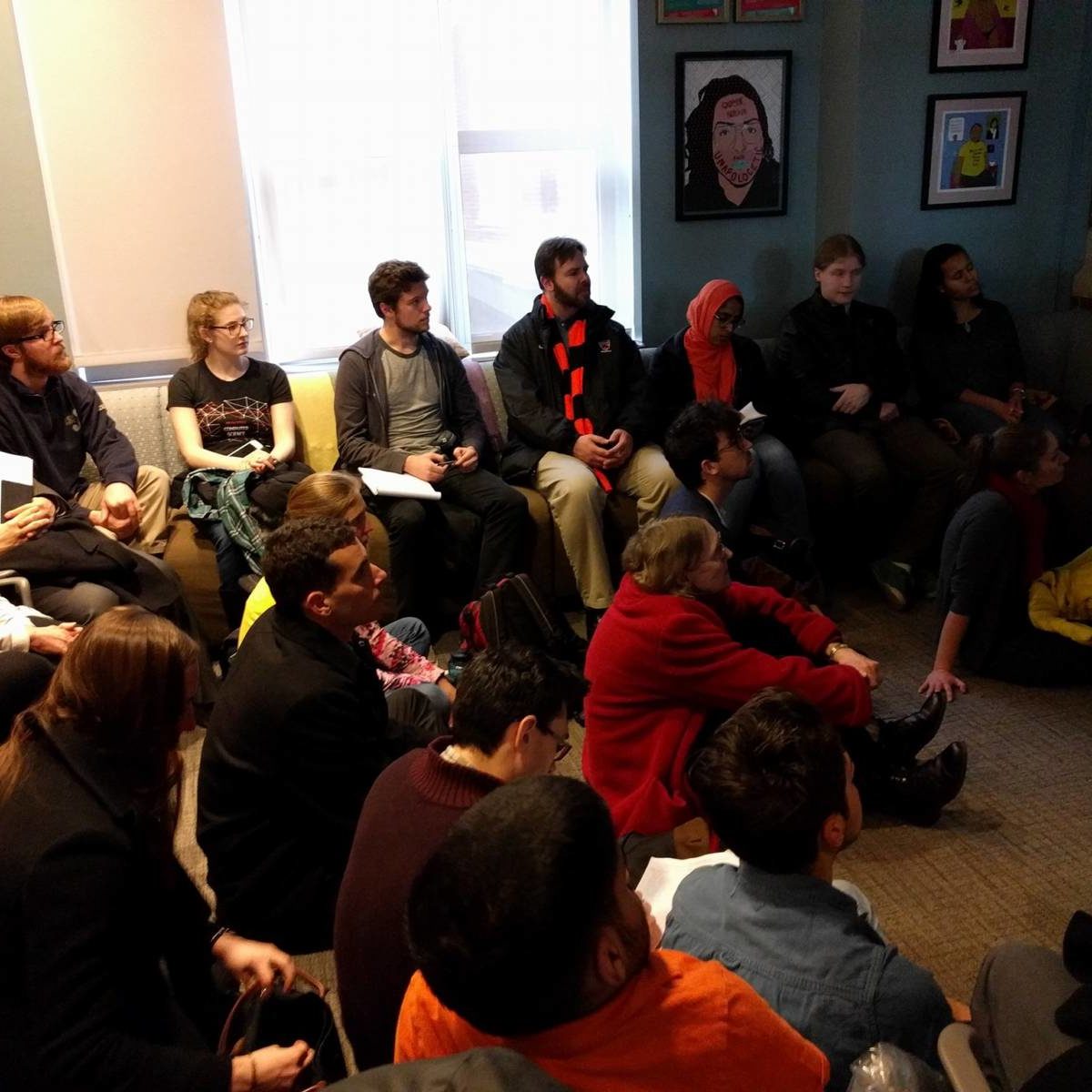
My teach-in was the first time I had presented my thesis to a public group. The motivation? Partisan antipathy and political polarization has doubled among both Democrats and Republicans, with about forty percent of members of each party reporting “very unfavorable” opinions of the other. Polarization exacerbates unproductive political disagreement, as partisans succumb to confirmation bias and immediately discount positions counter to their own. I presented lessons from psychology and philosophy to explore the causes of, and possible mitigants to self-serving political bias.
Sharing space on the Day of Action program with names like Cornel West and Max Weiss, I expected only a handful of people at most to attend my teach-in. I was stunned–and happy– when I entered the room to find a full audience of students, professors, and community members. During my ~20 minute presentation, I was interrupted often by questions. When I couldn’t come up with answers, I found new angles to examine my own work from.
The discussion flowed freely after my talk. People from Tennessee and Missouri shared personal stories and advice about engaging with their family members about politics. A conservative student and a liberal professor of Religion had a wonderful exchange about the need to reach across the aisle to those from the other side who are willing to listen. A Princeton resident alerted me about a political discussion project in the town library, and another student pointed me to a book that I’ve since found helpful in my work. My experience at the teach-in embodied the collective knowledge-sharing that the organizers of the Day of Action were aiming for.
I left the room buzzing with energy and thankful that I had decided, on a whim, to participate in the event. I had spent so long discussing my thesis only with a few professors and friends that I had not realized how valuable publicly presenting it could be for my thought process and motivation. Seeing my academic research received with such enthusiasm in a collaborative environment reaffirmed my desire to continue pursuing the offshoots of my thesis work after graduation. Consider presenting or participating in a future Day of Action or finding other ways to showcase your academic work on campus too, like the annual Princeton Research Day each spring.
— Vidushi Sharma, Humanities Correspondent


